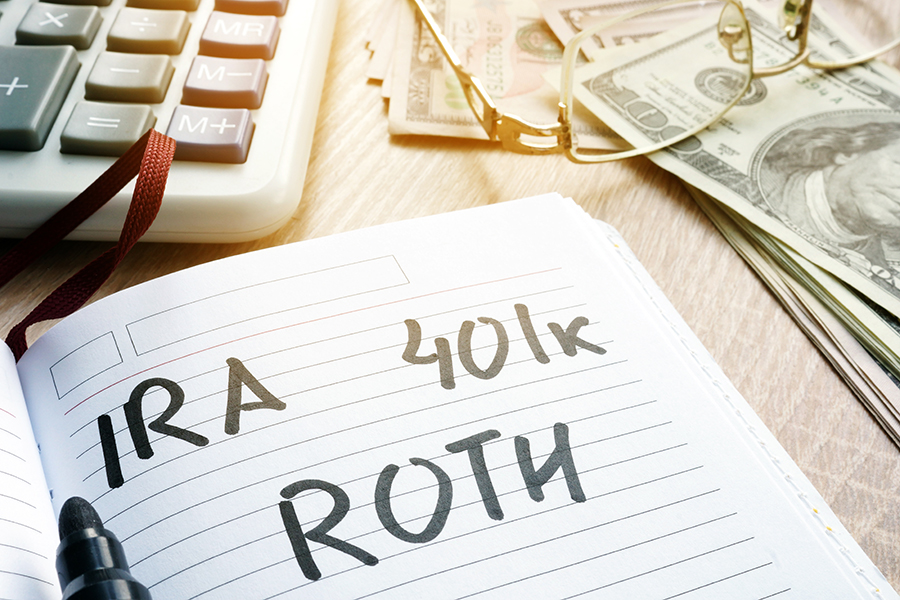
If you've been planning for your retirement, you've likely heard of a Roth IRA. Although it's commonly known as a retirement plan, most people don't know the difference between it and employer sponsored plans. In reality, there are a few important distinctions you should know. Once you learn the basics, you may consider contributing to both types of plans. Learn what a Roth IRA is, and how it could help you avoid probate hearings.
The Basic Facts About Roth IRAs
What makes Roth IRAs so notable is that it is not exempt from taxes. Most people cringe at first learning this important fact. However, although this is perceived as a negative in the beginning, it's actually a positive later on. When you contribute to a Roth IRA, the amount of the individual contribution is taxed. Thus, the money that it is in the account at its termination is what you get. Remember that the money saved in the plans tends to grow in value. Therefore, you could end up with a lot more money in the plan than you originally contributed. This larger amount will not be subject to taxes when you decide to take it out.
Getting a Roth IRA
Not everyone qualifies to enter into a Roth IRA plan. Generally, really high income owners may not be able to make contributions. This is because the Roth IRA limits the amount you can put in according to your income level. Those who make a lot of money are stuck with much lower contribution ceilings. However, this usually only affects people making $120,000 or more. Those with lesser incomes may be able to take full advantage of the plan. Since the requirements change on an annual basis, it is best to consult with a business lawyer who is familiar with end of life planning.
The Effect on Probate
Most people want to avoid probate hearings, and the Roth IRA can help. A Roth IRA works similar to a traditional IRA in this respect. You can use a beneficiary designation form to name those you want on the account. This is the only time you need to designate these people. The Roth IRA account is totally separate from your will or trust documents. The account will not be affected by either of these legal documents if a beneficiary is named.
One additional benefit of the Roth IRA is that there are no requirements imposed on the withdrawal. Thus, the owner of the account is free to let the account continue compounding interest until his or her death. There aren't any forced withdrawal requirements at any age. Using a Roth IRA in this manner ensures that your beneficiaries can get the money as soon as they need it.
For more information on estate planning, contact a probate lawyer at T.R. Spencer Law Office.